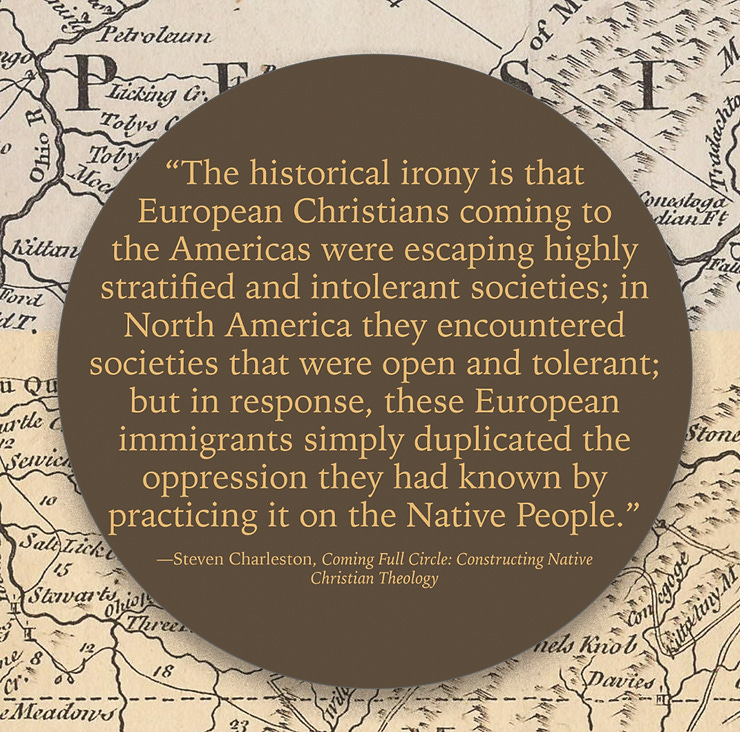The Doctrine of Discovery and Zionism: A Comparative Analysis
When October 7th happened, I like many didn't speak for quite a while. I didn't feel informed. I didn't feel knowledgeable enough. I was grappling with the demise of the cult I was a part of for my formative years. A cult that motivated me to fast every Tuesday for the promises of Israel and for the initiation of the phases of what I thought were the events that led up to the second coming of Christ. I went on several intercessory missionary trips to Israel, thinking that sharing the gospel of Jesus in those places would somehow warm the hearts of rightfully disinterested people.
It wasn't until October 7th that I learned about what happened. I went silent and started to learn more about what happened and how I may have never have been given access to the narrative if I had stayed in white Christianity. It didn't take me very long to understand the striking comparison between Zionism and the doctrine of discovery.
The doctrine of discovery, as outlined in Mark Charles and Soong-Chan R…
Keep reading with a 7-day free trial
Subscribe to Tamice Namae Speaks to keep reading this post and get 7 days of free access to the full post archives.




